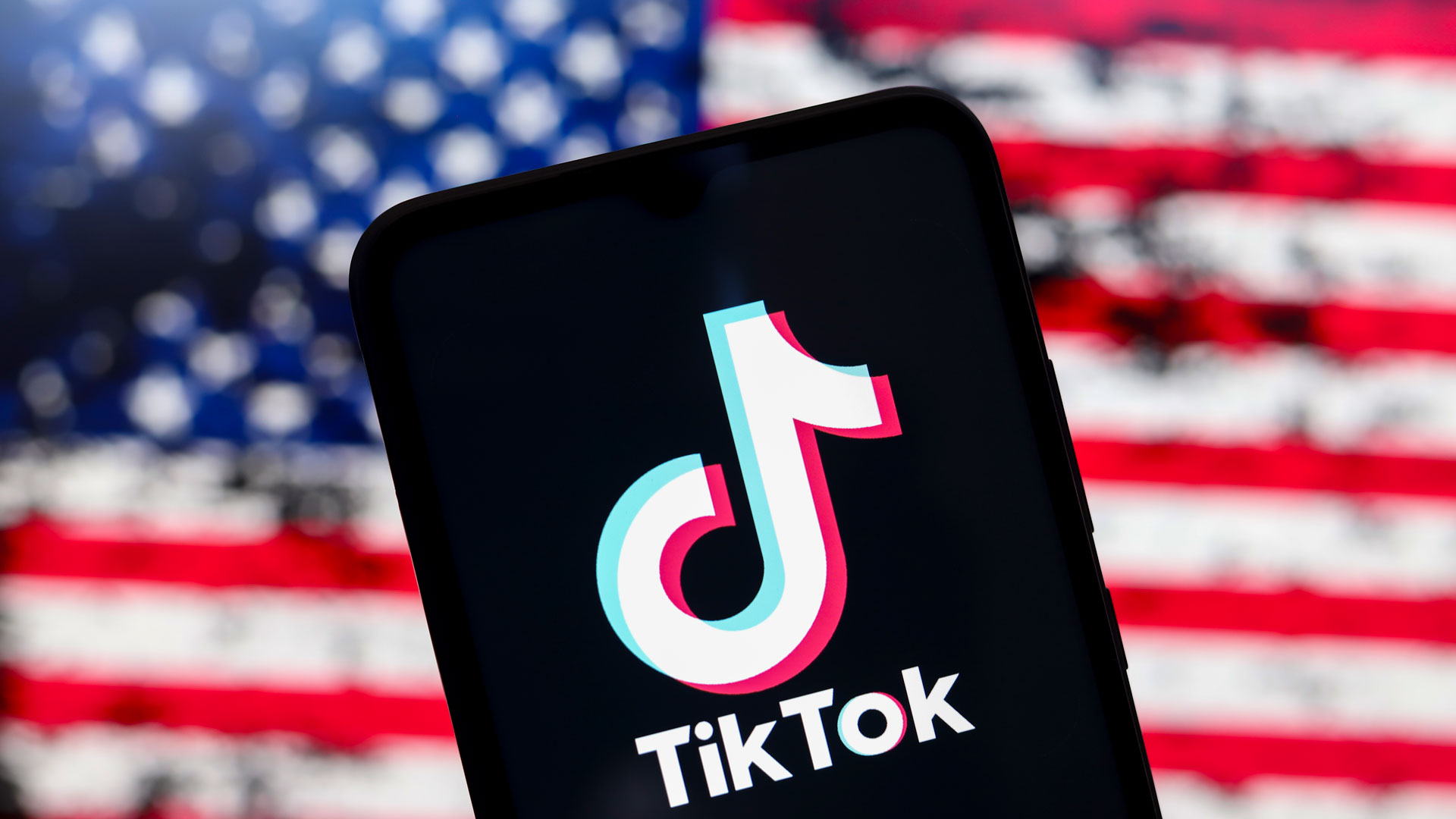The US version of TikTok might be more concerning than the Chinese one
Out of the fire, into the...

Sign up for breaking news, reviews, opinion, top tech deals, and more.
You are now subscribed
Your newsletter sign-up was successful
The White House has yet to deliver full details of the deal that will bring at least 80% of TikTok ownership into the US, but there is one bit that, if it comes to pass, could fundamentally change your TikTok experience: a retrained, rebuilt, and redistributed algorithm.
I've been on TikTok since 2019, and one thing I've long marveled at is the quality of the algorithm. It's the kind of programming that's so good you barely notice it; it just silently curates your TikTok experiences based on untold signals, including how long you spent on a post, previous posts you've viewed, what you favorite, what you share, what you've quickly dismissed, and far more.
It's one of the few algorithms that is almost instantly customizable. Want to see more restoration or parrot TikTok in your feed? Just find one DIY or parrot content and watch all of them, like them, and you will quickly be fed another with similar content, if not in the next TikTok, then within the next five.
The US White House said this week that Oracle, which will invest in the US version, will also be the keeper of the US TikTok data. That's actually not an update. Nor is the lack of access to US data by ByteDance's Chinese counterparts.
The true size of this agreement
When TikTok launched Project Texas three years ago (and in response to growing US security concerns), it launched a subsidiary called "TikTok US Data Security (USDS)"
It was overseen by an independent board of directors and led by security experts Andy Bonillo and Will Farrell. Together, these groups assumed control of all US Data, which was shifted from servers outside the US to Oracle's cloud services.
At the time, TikTok promised that even though the US data would be ringfenced in the US and inaccessible to Chinese-based ByteDance employees, "U.S. users of the TikTok platform can still communicate and interact with global users for a cohesive global experience."
Sign up for breaking news, reviews, opinion, top tech deals, and more.
Again, if this all sounds familiar, it's because it mirrors much of what the White House says it will sign as an agreement later this week.
The two primary changes, then, and they are significant, are the ownership, which will shift from ByteDance to a consortium of US companies and investors, as well as the algorithm rewrite.
It's that last bit that has me concerned. The White House has yet to name a company or group tasked with rewriting the TikTok algorithm. With its handpicking of the board of directors and the US government's deep involvement in the process and oversight, we have no assurance that the US Government will not force someone to write an algorithm that suppresses certain kinds of content and voices.
At a more prosaic level, we have no idea if anyone in the US is capable of rewriting the TikTok algorithm so that the experience remains the same.
A new TikTok app?
There have also been discussions that the TikTok app will be relaunched (perhaps rewritten) as a new app. Put another way, we may all have to delete ByteDance's TikTok app and install the new US-approved one, again, without assurances that it will operate in the same way and still include the freedom of expression the app has enjoyed for almost a decade.
Interestingly, the White House has not mentioned any of Byte Dance's other apps, like CapCut, which many TikTokers use to edit and upload videos. Or Lemon8, a social media app. Will those also be rewritten and rereleased, or will they simply disappear?
Aside from questions about the algorithm and future TikTok experience, there is the most basic one: Is China agreeing to any of this? ByteDance and China have yet to publicly acknowledge the details of the agreement. According to Reuters, this is China's official stance:
"China's position on TikTok is clear: The Chinese government respects the wishes of the enterprise, and welcomes it to carry out commercial negotiations in accordance with market rules to reach a solution compliant with China's laws and regulations, and strikes a balance of interests."
That does not sound like agreement. "China's laws and regulations" when it comes to business are wildly different than those in the US. It maintains access to businesses run within China, but has carved out this special space for TikTok, wherein it's being run as a separate US entity. All indications are that China believes it's done enough (I've long contended that having such a successful business in the US – 170M users, 5M small businesses – is a point of pride for the Chinese government). But Trump's White House insists a deal is about to be signed.
I'll believe it when the ink's dry. After that, I don't think we can count on the new TikTok experience being just like the old one. Whatever that may mean.
You may also like

A 38-year industry veteran and award-winning journalist, Lance has covered technology since PCs were the size of suitcases and “on line” meant “waiting.” He’s a former Lifewire Editor-in-Chief, Mashable Editor-in-Chief, and, before that, Editor in Chief of PCMag.com and Senior Vice President of Content for Ziff Davis, Inc. He also wrote a popular, weekly tech column for Medium called The Upgrade.
Lance Ulanoff makes frequent appearances on national, international, and local news programs including Live with Kelly and Mark, the Today Show, Good Morning America, CNBC, CNN, and the BBC.
You must confirm your public display name before commenting
Please logout and then login again, you will then be prompted to enter your display name.